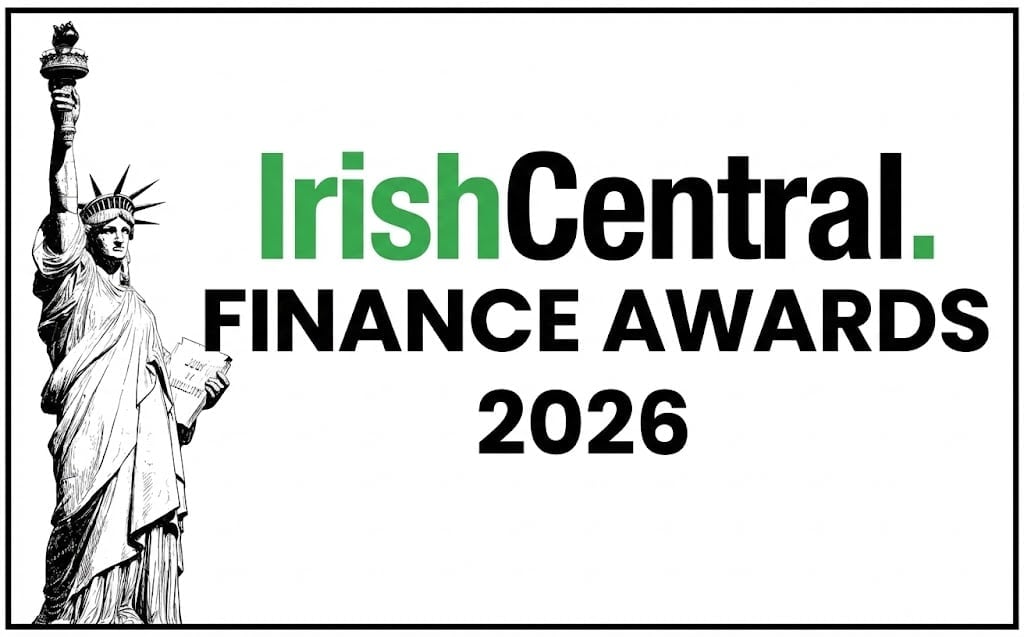In an opinion piece in the Irish Times, Nobel Prize-winning economist and Joseph Stiglitz and economist Michael Cragg, a principal with the Brattle Group say that the European Central Bank -IMF deal will strangle Ireland’s economic recovery calling it “a noose around the country’s neck that will strangle it.”
On the collapse of the Celtic Tiger, the economists say that: “Ireland was distracted by the lure of fast bucks and the wizardry of finance. As in much of the rest of the world, false economic doctrines advocating unfettered markets prevailed, claiming the seeming success of the economy as evidence of their verity. Not surprisingly, economic doctrines that helped create the crisis have not served the country well in dealing with its aftermath.”
Stiglitz and Cragg say that the ECB-IMF deal is unfairly putting the burden on Irish citizens.
“In effect, the International Monetary Fund (IMF) and European Central Bank (ECB) are asking ordinary Irish workers and citizens to bear the burden of mistakes that were made by international financial markets. But it is important to recognise that these mistakes are at least partly attributable to following deregulation and liberalisation policies that were advocated by the IMF and ECB and that these policies provided significant benefits to the financial sector.
“Irish citizens bear the costs of these mistakes not only through higher unemployment, but also through lower wages, higher taxes and cutbacks in public services. That there will have to be some cutbacks is inevitable, but it is not inevitable that they be of the current form or magnitude. The Government’s steadfast and continuing policy of bailing out the Irish banks and their bondholders is at great personal cost to Irish citizens. The fundamental economic policy question is who should bear the costs of the mistakes.”
They go on to say that “ Under capitalism, those who provide capital, whether through bonds or equity, are supposed to oversee what is done with their funds; this accountability is what makes capitalism work.
“In Ireland, as in much of the rest of the world, though, those who seemed to believe in markets, started to rewrite the rules in the midst of the crisis. They argued for the socialising of losses, while the gains had been privatised. Such a system of ersatz capitalism is doomed to failure, and is fundamentally corrupt and inequitable.”
The economists admit the new government has some tough choices to make, but say that “It is time to get the Irish economy back to work.”
They conclude: “The current strategy will simply increase the gap between the economy’s potential and actual output, and lengthen the time before a return to full employment.
“And even were it to succeed, it will mean Ireland will be in partial indentured servitude for as far as the eye can see – devoting 10 per cent or more of what it earns to pay off what are largely the consequences of the financial sector’s misdeeds. There has to be a better answer – and there is: international loan loss recognition combined with pro-Irish growth policies will be better for all in the long run.”




Comments